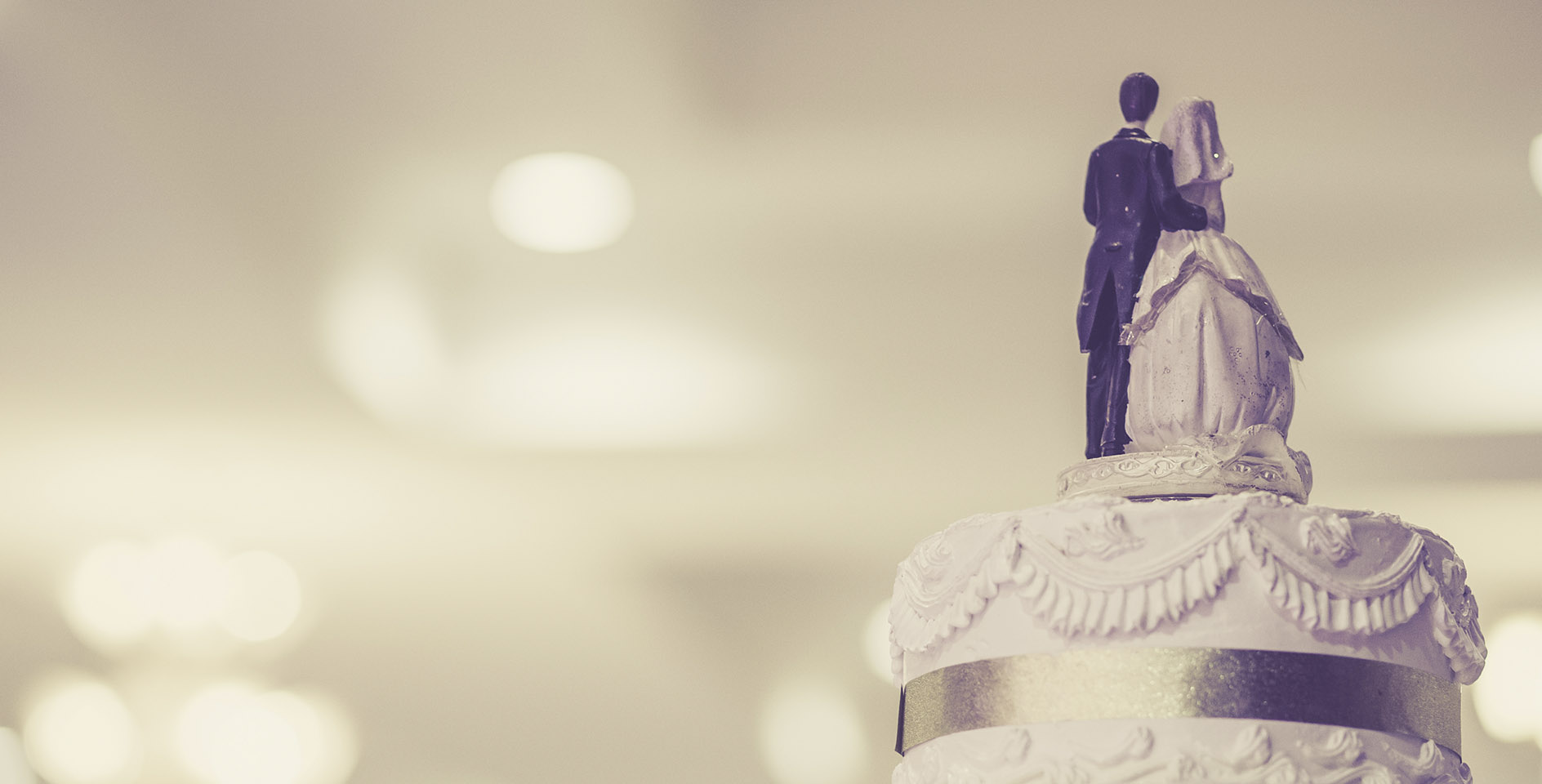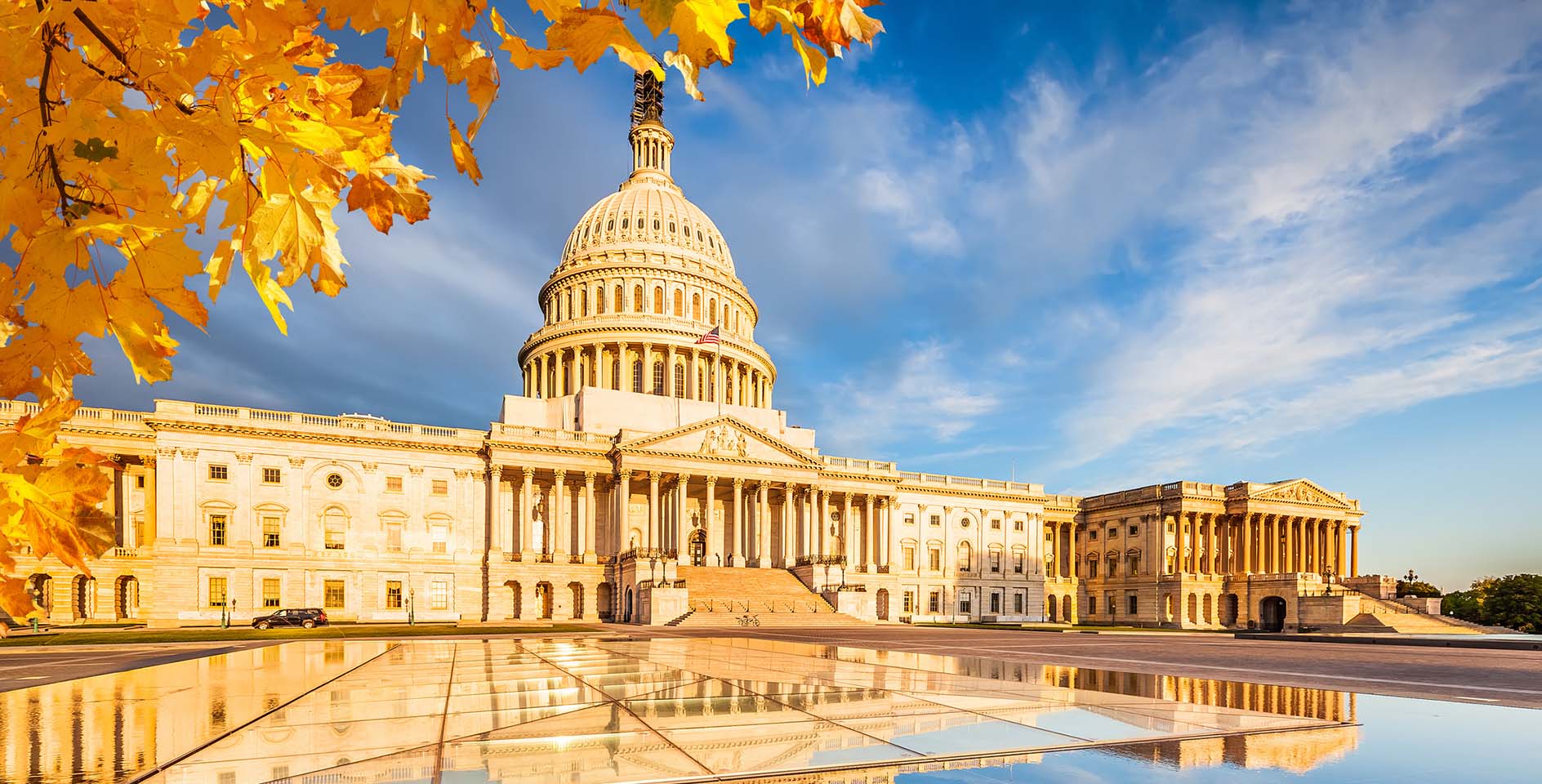Editor’s Note: In the case of Masterpiece Cakeshop v. Colorado Civil Rights Commission, the Court was asked to decide whether the First Amendment is violated when a state punishes a citizen for refusing, for reasons of religious conscience, to create a cake that celebrates a same-sex wedding. On June 4, 2018, the U.S. Supreme Court ruled in a 7-2 decision the actions by the Colorado Civil Rights Commission’s violated the Free Exercise Clause of a Christian baker who refused to create a cake for a same-sex wedding.
Erik Stanley, who serves the Alliance Defending Freedom as senior counsel, answers important questions about this case below.
What is the biggest misconception about this case?
One of the biggest misconceptions about this case is that Jack Phillips discriminates against gay couples. This is not true because Jack serves everyone. He does not, however, celebrate events contrary to his faith. This case was not about whether Jack would serve a gay couple. He would, and he has numerous times in the past. In fact, when he told the gentlemen who sued him that could not create a wedding cake celebrating their same-sex marriage, he offered to sell them anything else in his shop or design a cake for them for another occasion. The case instead was about whether the government would have the power to force Jack to celebrate events that violate his religious beliefs.
How does this ruling bolster religious liberty?
The Supreme Court’s ruling is a resounding victory for religious liberty. For the last few years, many have been saying that religion is just used as a rhetorical tool to justify discrimination. Christians frequently hear the refrain, “Stop using your religion as an excuse to discriminate.” The Court’s opinion was a resounding rejection of that concept. Justice Kennedy, in his opinion, rebuked the Colorado Civil Rights Commission who had essentially called Jack’s religious beliefs a cover for discrimination. Kennedy said, “To describe a man's faith as ‘one of the most despicable pieces of rhetoric that people can use’ is to disparage his religion in at least two distinct ways: by describing it as despicable, and also by characterizing it as merely rhetorical—something insubstantial and even insincere.” The Court’s ruling makes it clear that the government must respect as sincere the role religion plays in the life of the believer. It is not merely a rhetorical device to mask discrimination. Instead, religion is central to the life of the believer and must be respected.
Quite often Christians are a bit nervous about advocating for religious liberty as if this has nothing to do with spreading the gospel. How do you answer this common misconception?
Religious liberty can serve as a catalyst to spread the gospel farther and wider. While it is true that the Great Commission did not come with a caveat to only fulfill it if we enjoy religious liberty under the law, it is also true that a country that respects religious liberty allows for the free and full proclamation of the gospel and for people to live out the gospel fully in their daily lives. Religious liberty is also the hallmark of all freedoms. As the government is allowed to infringe upon or restrict religious liberty, other freedoms fall. Put simply, a government that believes it has the power to force people to violate their faith is powerful enough to force anyone to do anything. In contrast, a government that respects religious liberty allows for churches to thrive and for believers to fully follow Christ.
What are some important cases and/or developments in religious liberty on the horizon that Christians should be thinking about?
Freedom of conscience hangs in the balance in several important cases even following the Masterpiece decision. The U.S. Supreme Court just vacated the judgment of the Washington Supreme Court in Arlene’s Flowers Inc. v. Washington and remanded the case to be re-heard by the lower court. Baronnelle Stutzman is a Washington state florist who served a gay man for 9 years and yet is facing punishment for politely declining to celebrate his same-sex wedding. There are also other similar cases involving a calligrapher, a painter, filmmakers, a graphic designer, and other artists who do not want to be forced to celebrate events and speak messages that violate their faith. These cases are at various levels of the court system and will make their way back up to the United States Supreme Court. The issue of religious liberty and artistic freedom will be litigated in the coming years in these and other cases. So Christians must understand the importance of religious liberty and why it is worth preserving for this generation and the ones to come.










